The United States Department of Defense is sending a delegation to attend the 10th Beijing Xiangshan Forum, which starts on Sunday. More than 20 defense ministers from around the world will participate in the high-level security conference.
Organizers said the three-day security forum aims to help countries enhance mutual trust and strengthen the voice of developing nations.
According to the forum's organizing committee, Cynthia Xanthi Carras, country director for China in the Office of the Undersecretary of Defense for Policy, has registered on the official website of the forum, and will attend the forum as head of the U.S. delegation.
In addition, Chad Sbragia, former deputy assistant secretary of defense for China in the Office of the U.S. Secretary of Defense, will also attend the forum as an expert. The former U.S. official had attended the forum's last gathering in 2019 and is the highest-level official sent by the U.S. side to participate in the security conference so far.
Zhao Yufei, deputy secretary-general of the organizing committee, said that as of Monday, more than 90 delegations from countries and international organizations had confirmed their participation, including from Russia, the U.S., Iran, Singapore, Nigeria, South Korea and Saudi Arabia.
Among them are 22 senior officials of defense minister level and above and 14 representatives of the military chief-of-staff level, he said.
In addition, high-ranking officials and representatives from the Association of Southeast Asian Nations, the League of Arab States, the North Atlantic Treaty Organization and the European Union will also participate in the conference, said Zhao.
The number and seniority level of participants have reached a record high, the organizers said, noting that the participation of developing countries and international and regional organizations in particular have increased significantly.
Over 200 experts from more than 50 countries and regions have also registered for the conference.
While the U.S. has sent delegations to the Beijing Xiangshan Forum several times, the contingents earlier did not comprise very senior officials.
Luo Xi, a researcher at the People's Liberation Army Academy of Military Sciences, said: "On the one hand, this reflects that the U.S. is paying attention to the forum, but on the other hand, they are unwilling to show any endorsement for the security event hosted by the Chinese side."
Luo added that U.S. participation indicates that military exchanges between the two countries have not been interrupted.
"Although there are difficulties in China-U.S. relations at present, both countries still retain the necessary communication channels, especially when engagements in multiple fields between China and U.S. have become more frequent," she said.
On Tuesday, the Foreign Ministry announced that Foreign Minister Wang Yi will visit the U.S. on Thursday.
Since June, U.S. Secretary of State Antony Blinken, Treasury Secretary Janet Yellen and Commerce Secretary Gina Raimondo have successively visited China, increasing the frequency and scope of high-level official exchanges between China and the U.S..
According to the forum's organizing committee, the forum will comprise four plenary sessions and a series of seminars and break-out sessions. The topics cover global security issues of concern, including the role of African countries in the Russia-Ukraine conflict, security situations in areas covered by the Belt and Road Initiative, and the war risks created by artificial intelligence.
In addition, the forum encourages delegations from developing countries, especially small and medium-sized nations, to participate in the dialogue and voice their opinions, expanding the discourse power and influence of developing countries in global security governance.
Luo said the voices of developing nations are becoming increasingly important, especially when global peace is elusive amid conflicts and wars in various places.
"Despite their different development paths, China and other developing countries have a common desire — no more wars and conflicts," she said.
China is willing to stand with other developing countries, and oppose hegemony and power politics, which have been threatening global peace and stability, she said.








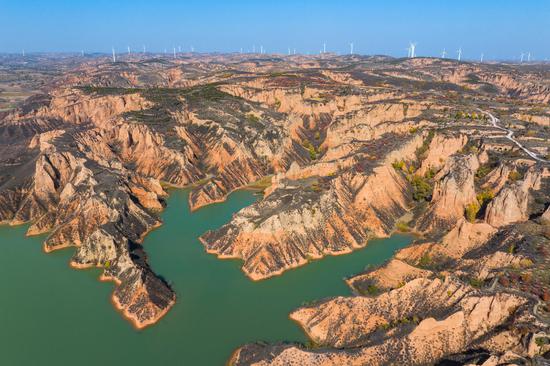

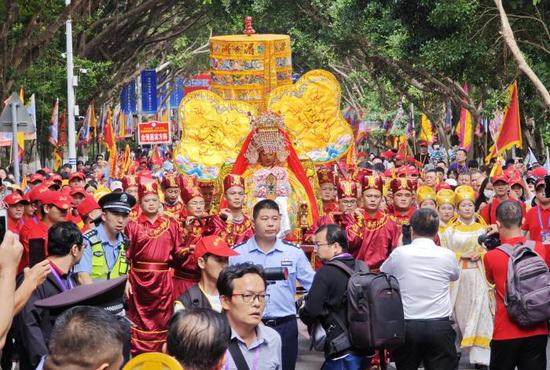
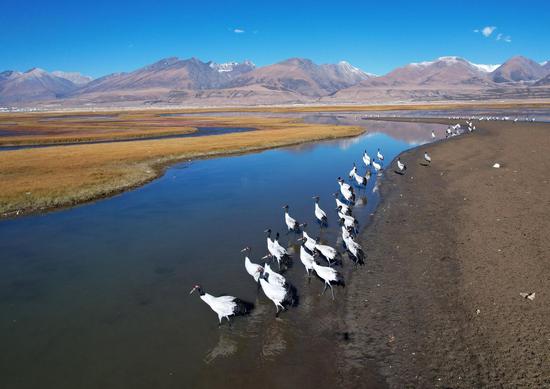
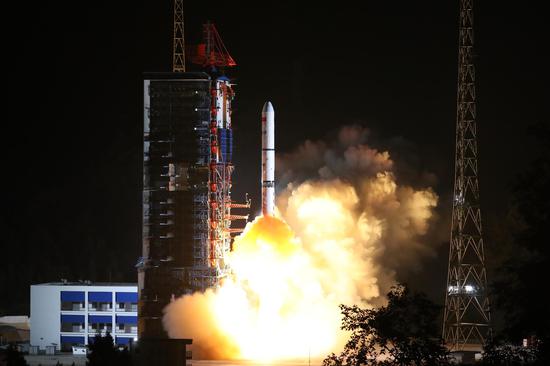

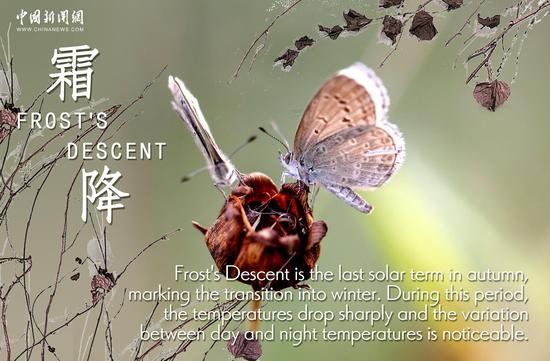


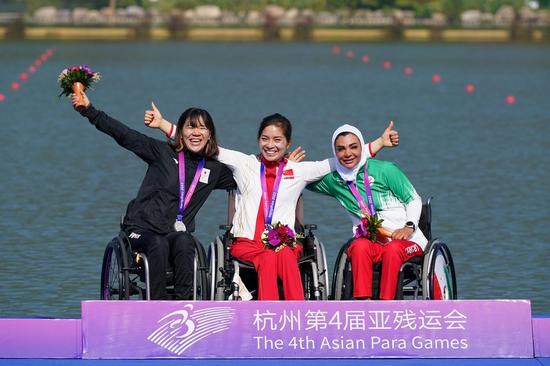

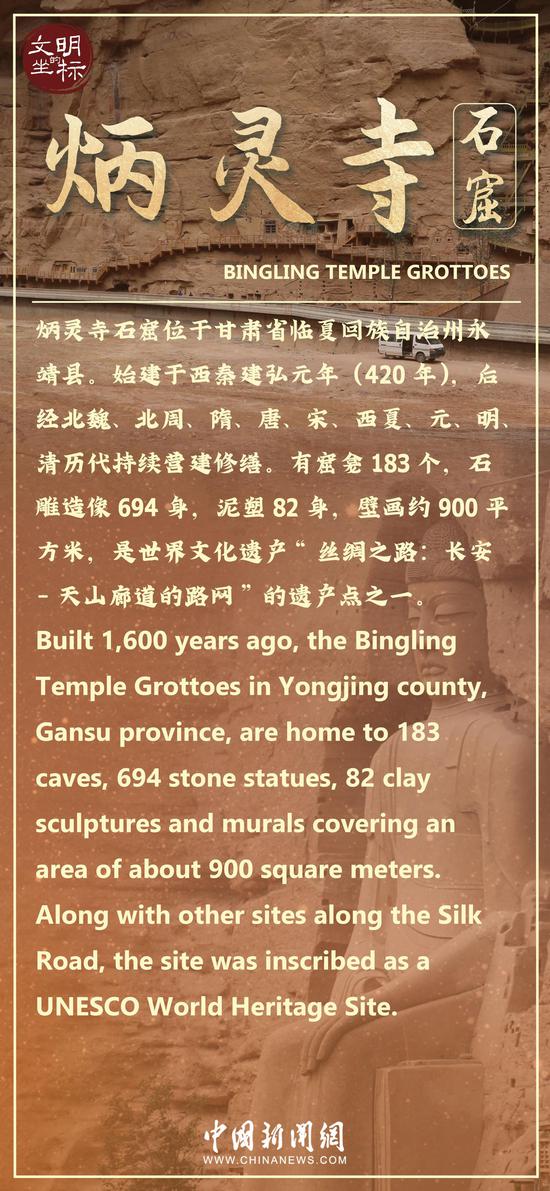

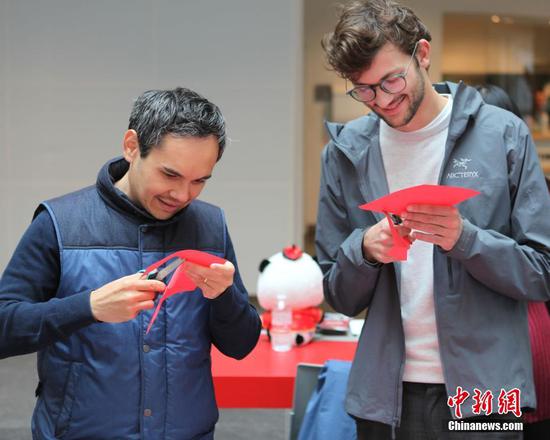
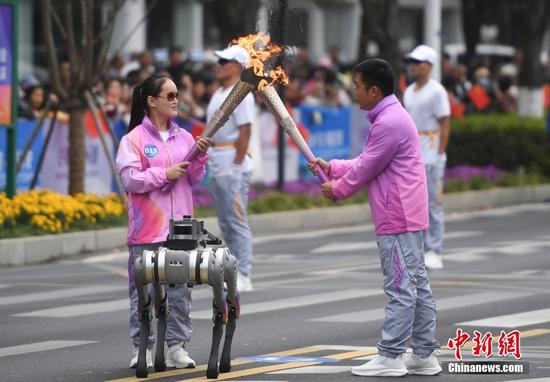

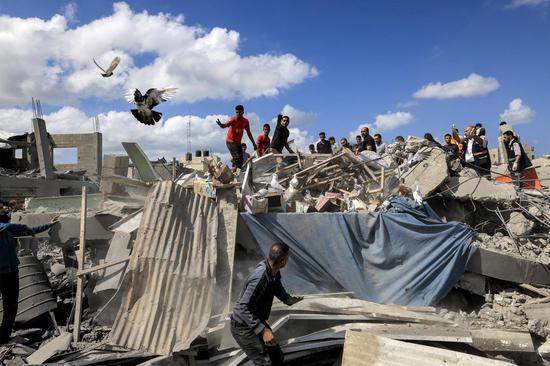

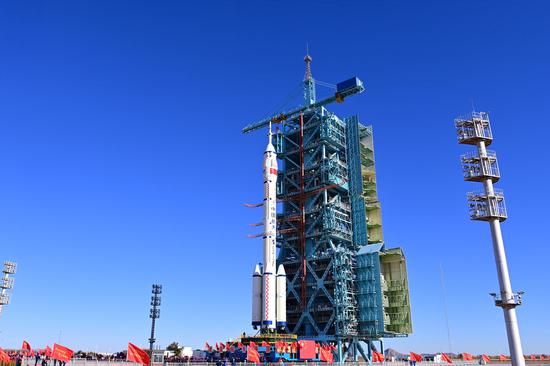
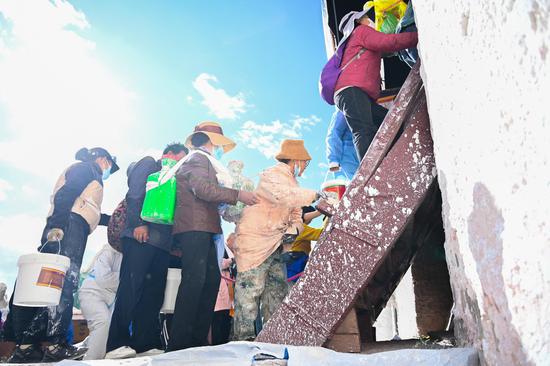
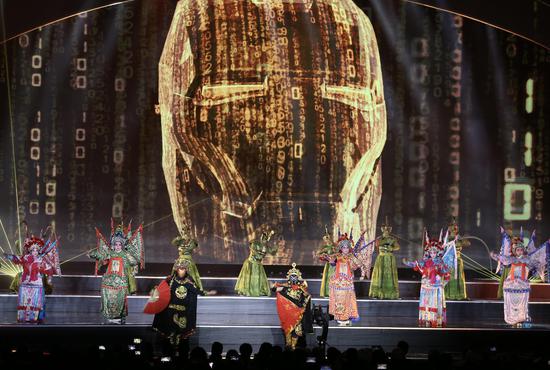
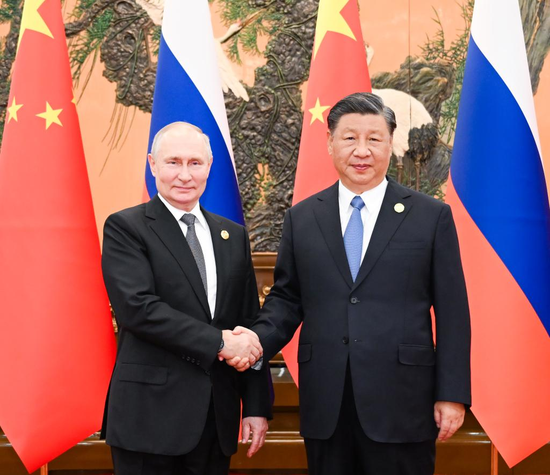
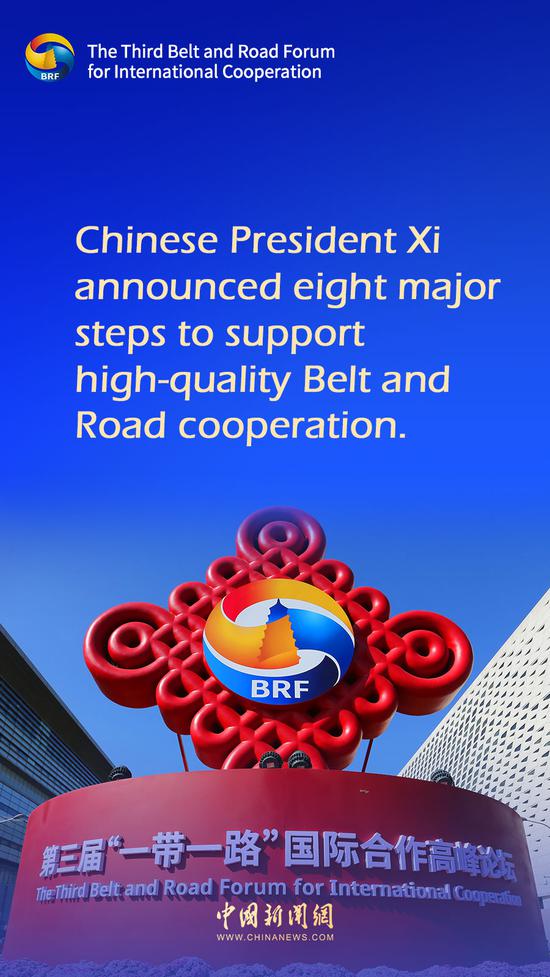

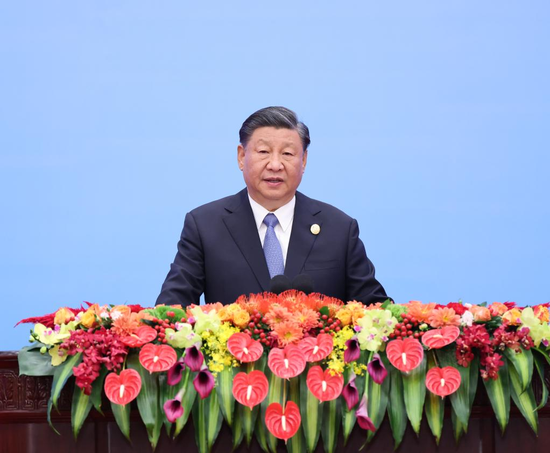
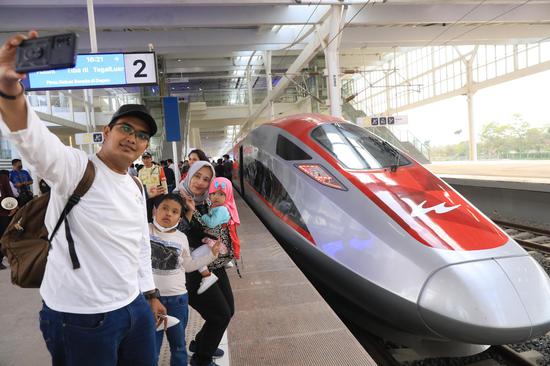


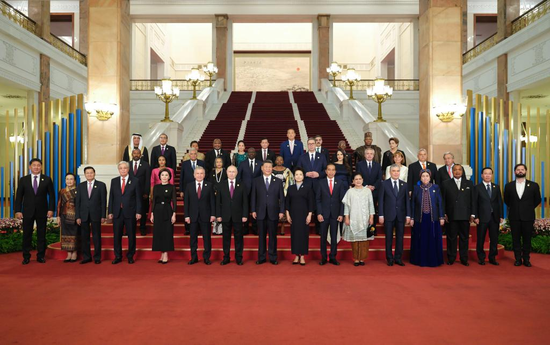
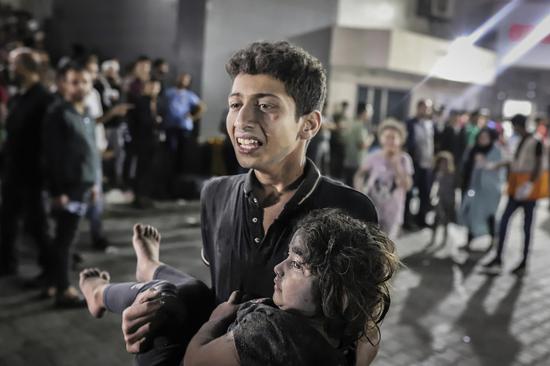
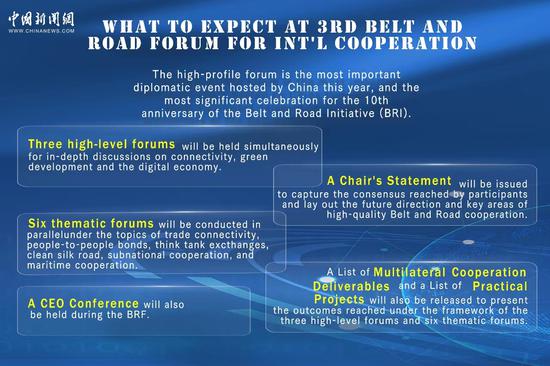











 京公网安备 11010202009201号
京公网安备 11010202009201号